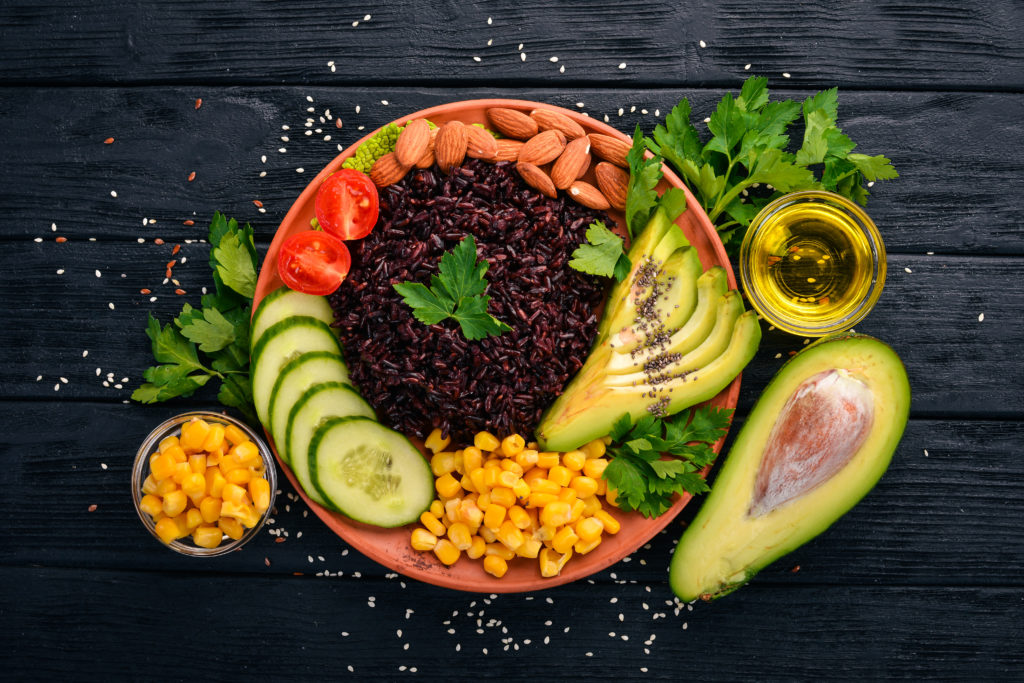What you eat as a child it has a great influence on metabolism, and its effects remain throughout life, even if you change your diet. In particular, it is true – that is, proven – if the diet of the first months is of poor quality, rich in fats and sugars, at least in animal models. According to one studio published on Journal of Experimental Biology by researchers at the University of California at Riverside, the intestinal microbiota is profoundly influenced by a “western” diet taken in the first period of life, and even if it subsequently improves, from the point of view of quality, there are no such evident changes in species that colonize the intestine.
To reach to these conclusions, the authors used 4 types of mice, subjected to a Western diet, unhealthy because it is loaded with sugars and fats, or to a balanced diet, called standard, and placed in the conditions of having to move a lot, or not (this variable was introduced to evaluate the importance of movement together with the two types of diet).

After three weeks, the animals were all returned to normal conditions, and left on a standard diet for 14 weeks. At that point (ie at an age corresponding to 6 years in children) their bacterial flora was analyzed and it was seen that the differences remained. Specifically, a bacterial species particularly important for sugar metabolism, called intestinal Muribaculum, was significantly decreased in animals subjected to the Western diet, regardless of whether they were also subjected to physical exercise or not, while it increased in animals that had followed a standard diet, and even more so when forced to move.
A trend similar have also had other species considered beneficial and controlled by the authors, who also underlined that what you eat is the most important factor, although a certain influence from exercise is visible.
Now study it continues both to monitor other species (bacterial, but also viral and fungal) and to better understand the whole phenomenon, for example by framing the moment of the appearance of some species in relation to diet. Since it is believed that there are no major differences in humans from this point of view, the conclusion for the researchers is already clear: we are not what we eat in general, but what we eat as children.
© All rights reserved. Photo: stock.adobe.com
… you are one of the 40 thousand people who read our news every day without limitations because we give everyone free access. Il Fatto Alimentare, unlike other sites, is an independent online newspaper. This means not having a publisher, not being linked to political lobbies or parties and having advertisers who do not interfere with our editorial line. This is why we can write articles in favor of the tax on sugary drinks, counter the exaggerated consumption of bottled water, report food alerts and report misleading advertisements.
All this is also possible thanks to donations from readers. Support Il Fatto Alimentare
Roberto La Pira
–
–


